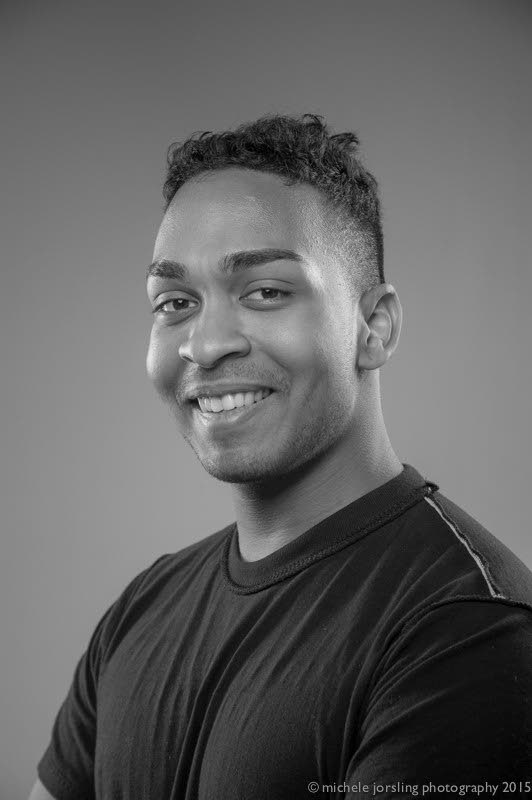A father’s mental health

Fathers are required to provide safety, guidance, protection, love, care, support, and to form a positive relationship with their children. But these things do not come automatically; developing parenting skills takes work.
Mental health professionals warn that that fathers need to be in the right emotional space to connect with their children and help guide them throughout life. It’s not simply important for fathers to look after their mental health, it is essential. Why? You are only your best as a father when you are your best as a human.
Clinical psychologist Matthew Batson put it this way: “Children are often aware of their parents’ stress levels and can respond to it in their own ways which may lead to challenging behaviour in children.
“If we are not taking care of our own mental health, then our children may learn that mental health isn’t a priority. If we want to raise children who are emotionally connected, and capable of managing their mental health, then it starts with us.”
The holder of a master’s degree in clinical psychology from the University of the West Indies, Batson, 28, won the Queen’s Young Leaders award in 2017 for his work in mental health.
He said research by the American Psychological Association has found the societal pressures of “what a man is and how a man should behave” often lead to increased levels of substance abuse, physical health concerns and violence.
Batson said men can feel greater shame and guilt about their emotions which makes it harder for them to reach out when they need support.
“If men are trapped in their shame, they often do not receive empathy and support. It is therefore up to all of us, to shape and create a world where men can be vulnerable about their experiences and emotions.”
If fathers feel they are not inadequately performing their duties and hide their emotions, it can be harmful to them and also their children.
Batson noted, “When persons do not have a healthy way to express and manage their emotions, they will turn to less healthy forms of coping.”
When they don’t deal with their emotions in a healthy manner, Batson said, men can become aggressive, violent, or even try to numb their emotions with substance abuse.
Therefore, it’s imperative to promote more avenues through which men can receive guilt-free, emotional support and help themselves.
“If you ever feel like you need to talk to a professional, I encourage you to find one and take the leap,” he urged.
“A major part of self-care is knowing when you can give to those around you, and when you must take time for yourself to recover.”
Batson said fathers should put less pressure on themselves and be realistic with what they can achieve, especially if they are managing hectic schedules.
There are also simple destressing and mindfulness techniques like journalling, scheduling daily alone-time or sitting in silence to meditate.
“The key to self-care is to do it deliberately, with a purpose, and use that time to remind yourself that you are doing it because you love yourself,” said Batson.
In a message to single fathers, Batson said, “I think single fathers should know that they do not need to burn themselves out to be perfect men. It is enough to simply be a good person, and a good father.”
Men, especially fathers, must also be willing to reach out for help when they need it.
Justin Rodriguez, a victim and witness support officer with the TT Police Service, said global trends show men are less likely to access mental health services than women.

“We tend to teach our boys, from a very young age, to control their emotions. This way of socialisation transfers into adulthood and results in men feeling discouraged from seeking help, even when they are under extreme distress.
“I think these early experiences have predisposed our men to dismiss and invalidate their emotions. Men often feel ashamed to voice their emotional distress and suffering,” Rodriguez said.
Rodriguez, 28, has a BSc in behavioural sciences from Andrew’s University in the US state of Michigan, a master’s in educational psychology from the University of the Southern Caribbean and a certificate in social work from the UWI, St Augustine campus.
Men, especially for fathers who may be juggling multiple responsibilities, should make it a priority to practise proper communication, and to form good eating, exercise, resting and sleeping habits.
Rodriguez encouraged men, “Understand that progress is progress and you should reward yourself for a job well done.
“One tip I will leave for fathers is to destigmatise self-care. Boys are socialised to think ‘self-care’ is a female dominant activity.
“Self-care has been viewed as women going to the nail salon or getting their hair done. For men, self-care can be playing football with friends or playing video games all day,” said Rodriguez.
He said men must understand self-care has no face or gender but is simply about doing the things you enjoy most and finding ways to feel most like yourself.
“We (men) must work to strengthen both our self-awareness and mind-body connection and tune in to our body’s physiological responses.
“What we feel is information. This information can guide us to understanding ourselves. When we do not feel like ourselves, this is especially when we need to seek further support,” Rodriguez said.
Westley-Ann Howard, 26, has created the mental health blog, I am YOU today…you are ME tomorrow.
The blog promotes mental health awareness and wellness by providing virtual psycho-social support, tools, and resources for people to take care of their mental health.
Like Rodriguez, Howard reiterated men are less likely to be treated for mental health problems, and societal norms on what “manliness” should look like is harmful to mental health.

Global research shows a growing rate of suicide and depression in men.
Howard noted, “From early childhood, especially within the Caribbean, men are socialised to hide or mask their emotions as it is viewed as weak.
“This rejection and learned helplessness are carried into adulthood resulting in men being reluctant or less likely to disclose any mental health issues they are suffering with.
“Men become silent sufferers.”
Howard has a bachelor’s degree in social work with a minor in social policy from UWI, St Augustine. She is currently a post practicum psychiatric social work student at the North West Regional Health Authority.
“Studies show fathers who have mental illness have children who are at a higher risk of behavioural and emotional difficulties.
“It is important for fathers to take care of their mental health not only for their wellbeing but also for their children.”
Howard shares tips on proper techniques to maintain mental health and links to support services from the Ministry of Health on her Instagram page @iamyou.youaremetomorrow.
Overall, the three experts advise that by looking after their mental health, fathers, and men generally, can improve their immunity, positive thinking, and stress management.


Comments
"A father’s mental health"